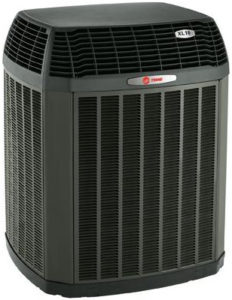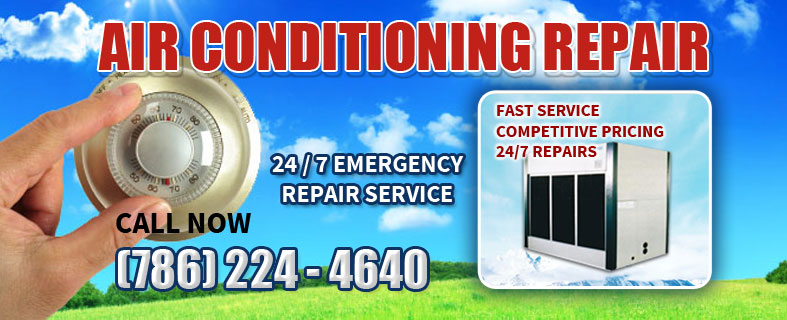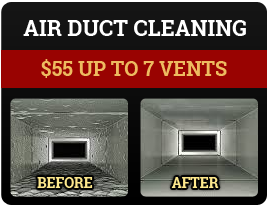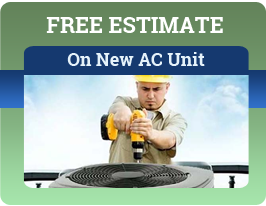 Purchasing new ACs is not a decision homeowners make oftentimes. This doesn’t mean that at time is not coming when you will have to make the decision anyway. A typical AC system lasts between 10 to 15 years and this means at some point you will have to consider replacement.
Purchasing new ACs is not a decision homeowners make oftentimes. This doesn’t mean that at time is not coming when you will have to make the decision anyway. A typical AC system lasts between 10 to 15 years and this means at some point you will have to consider replacement.
Many homeowners are turned off by the price tag on some of the high efficiency ACs without considering what they are likely to save in the long run on energy costs. Cooling technologies are rapidly changing and this requires that you learn quickly so that you can make sound purchase decisions.
One of the critical areas you will have to consider when investing in an AC irrespective of its features, brand or model is the cost structure.
Initial Costs
This is the first cost of the AC and is solely based on what is written on the price tag. Many homeowners tend to consider this as the only factor to influence their buying decision. However, such an approach is considered inaccurate because it obscures the other costs that you will have to incur when you finally own the cooling system.
One thing you will notice when shopping for ACs is that when their Seasonal Energy Efficiency Ratio abbreviated as SEER goes up, the price tag also follows suit. This is because an AC with a high SEER comes with a host of technologies that help you as the homeowner to lower your energy bills.
Lifetime Costs
This is the second component of the cost structure. Lifetime costs refer to all those costs other than the first cost that you will have to incur in the life of the AC unit. The quality of the system and its efficiency are the two main factors you need to consider.
Beware when entertaining the thought of paying less as an upfront payment for the AC only to pay in multiples later on as lifetime costs.
Questions You Should Ask Yourself
As you move from shop to shop in search of an AC unit, you must ask yourself the following questions.
- What is the quality of the AC unit – High quality ACs have superior features such as two stage compressor which give you multiple benefits including lower energy consumption and longer service life.
- How durable is the AC unit – Systems that have quality components tend to run for long without the need of much repairs hence lengthening their shelf life.
- How much will I require in maintenance – High quality AC systems have superior components which use much less energy and run at relatively low speeds. This means the maintenance needed will not be as much.
In addition to the above questions, you should also consider the energy you will save. For instance, systems that run on R410A are much more energy efficient. Also look for AC units that have improved coil designs which facilitate optimal use of the refrigerant.





 April 28th, 2016
April 28th, 2016  steve
steve  Posted in
Posted in 

